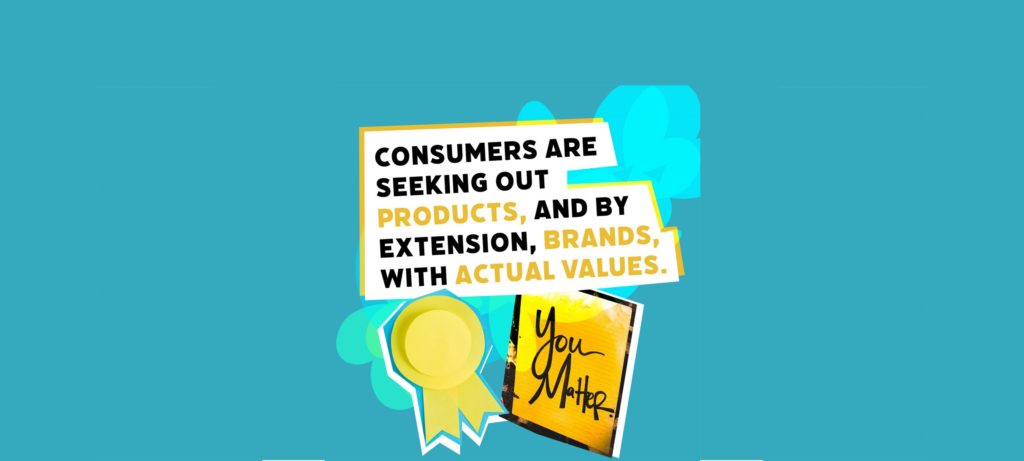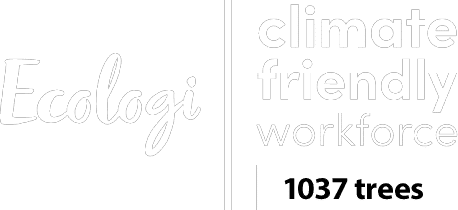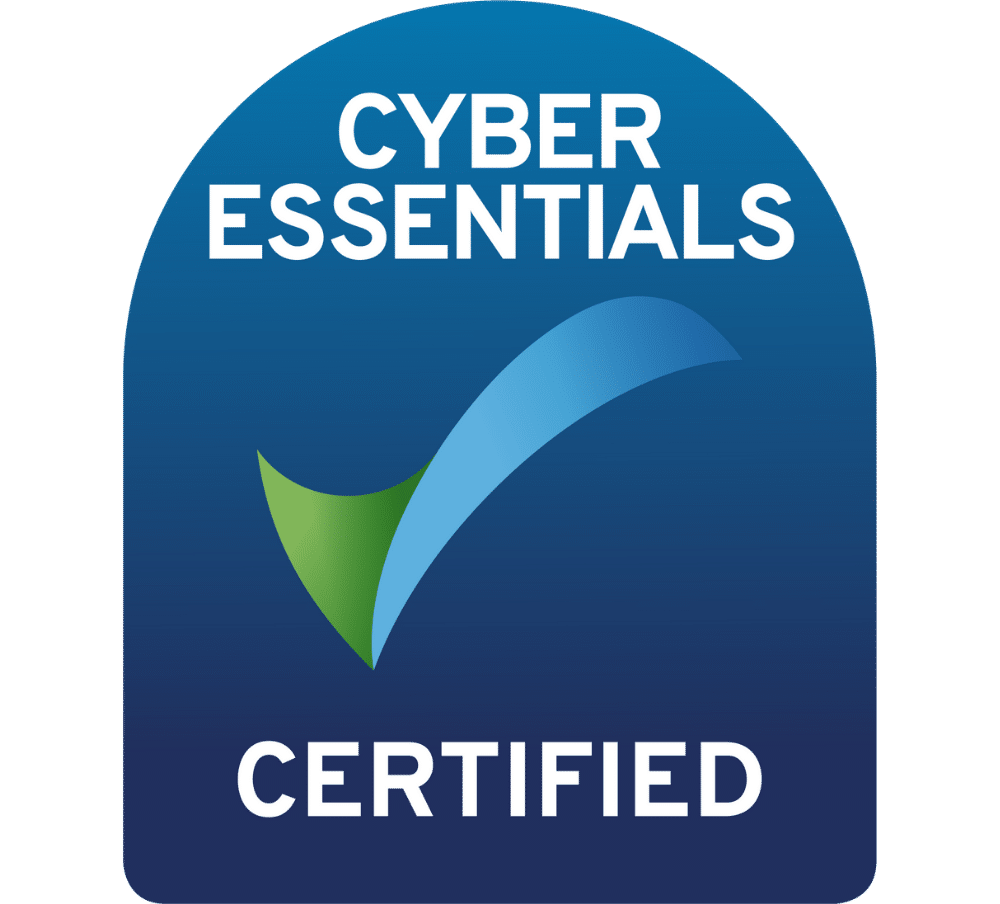Environmentalism has certainly become a big topic in the last few years and it’s not surprising that this has led to a shift in consumer behaviour. Generation Z not only care about the environment, they are actively seeking information.
Take the popularity of documentaries watched on Netflix in recent years. Many, such as Cowspiracy, tackled the environmental impact of industrial farming. David Attenborough, as usual, was present to wow and terrify viewers with the threats Our Planet is facing. In 2019 in a YouGov poll, almost half of 18-to-24-year-olds put environmental issues as one of the nation’s three most pressing concerns, compared with 27% of the general population. There’s been a dramatic rise in veganism and a drive towards ethical products.
Whether businesses began making more ethical products or consumers started demanding them is somewhat of a chicken and egg situation. Ten years ago it would have been nearly impossible to find eco-friendly cleaning products in a mainstream supermarket, now there’s generally a whole range. Certainly, manufacturers realised that potential buyers were becoming increasingly aware of the environmental and ethical impact of their purchases, but strangely, this didn’t result in a huge rise of health stores and zero-waste shops.
Vegan shoe shops, refillable stores, independent shops specialising in upcycled homewares and organic cotton clothing still had a time to wait until becoming mainstream. Ten years ago, most of us had to visit a specialist shop some way away to purchase, for example, eco-friendly dishwasher tablets. But these have now become easily available on SMOL for example, and can be set up on subscription to arrive on my doormat according to when we need them. The supermarkets have also started carrying more ethical products. And although most are still wrapping their fruit and veg in plastic, you can usually find vegan cosmetics in recycled bottles and reusable bags to take them home in.
Even better and becoming more popular are the farm delivery services offer to-your-door groceries in recyclable packaging.
What really drove the call for sustainable products was the retail buyers. They began to make these items easily available to the general public.
Generation Z may be demanding ethical products, but they also want them immediately and without hassle. Younger people are more likely to have disposable income, partly because they are generally waiting longer to have children, and also because they are highly career-focused, though increasingly in pursuit of a better work-life balance.
They don’t have the time to be searching around for ethical products. Moreover, we’ve become very used to instant gratification. We have next day delivery and superstores. In 2019 and 2020, the UK retail sector physically shut down due to Coronavirus and yet there are few to no products that we can’t get either online or through the supermarkets. So, to a large extent, the rise of the ethical market has been thanks to making these better choices available through mainstream means.
Yet, another thing to consider is cost. Generally, ethical products cost more and it’s rarely because the retailers are increasing their profit margins. It’s because the products cost more to produce. Sourcing ethical products is difficult and requires far more scrutiny to ensure you’re covering all bases and can legally and morally claim your items are ethically sourced. Also, fair trade often means paying a bit more to ensure everyone gets their fair share. Although, this disparity in price does seem to have reduced in recent years. However, it’s no wonder that the ability to purchase more ethical and sustainable products was long considered a privilege of the middle classes. Bringing these products to the masses gives us the opportunity though to drive down the prices and therefore make ethical consumerism affordable for far more people. We would argue that this is one of the key reasons that there has been a rise in Generation Z of ethical consumerism. Furthermore, it suggests that other generations may be encouraged into more ethical consumerism also, because demand provokes availability, but availability also provokes interest.
Could we soon live in a country, or even a world, where all products are ethically produced? The speed of the trend suggests that we might. You’ll notice as well that consumer interest in sustainability and fair trade has not wavered as ethical products have become available, but has actually increased. Take the rise of veganism, for environmental reasons, that continues to grow. Big tech companies including Cisco, Dell Technologies, Glencore, Google, KPMG International, Microsoft, Sims Limited and Vodafone have recently committed to an initiative to tackle the issue of e-waste.
So how can businesses reach out to a growing market of ethical consumers? It’s fairly simple – strive to make products as ethical as possible and communicate this mission. Not least because not doing so is going to start to positively affect your sales. Retail outlets, both physical and online, are expanding their range of sustainable products and so this gives smaller businesses better access to the market. This is great for smaller businesses but it’s also going to force bigger retailers into reviewing their operations and look at adding more environmentally-friendly products to their lines.
For businesses to really reach ethical consumers though, it’s not enough just to make your products sustainable. You’ll need to let consumers know you’ve done so. Furthermore, to truly be an ethical brand you’ll need to review your operations and ensure your whole business is ethical. The rise of the ethical consumer is not only growing, it is demanding more.
This can be a little daunting but here is the good news. These ethical consumers are largely more loyal to the brands they buy from. So, by responding to calls for environmentally-friendly products, businesses can build a committed customer base. A customer base that is also more forgiving of product performance. Although eco-friendly products can struggle to compete with the quality of other less sustainable choices, Generation Z consumers are willing to accept that and allow companies time to develop. Shampoo bars are a good example of this. Although they still don’t have a major market share, sales are increasing year-on-year, despite the majority of consumers admitting that the performance of zero-waste shampoo bars is poorer when compared with leading less sustainable brands.
For so long consumers have been scanning the product aisles looking for value. Now, and ever more so over the next few years, consumers are seeking out products, and by extension brands, with actual values.







